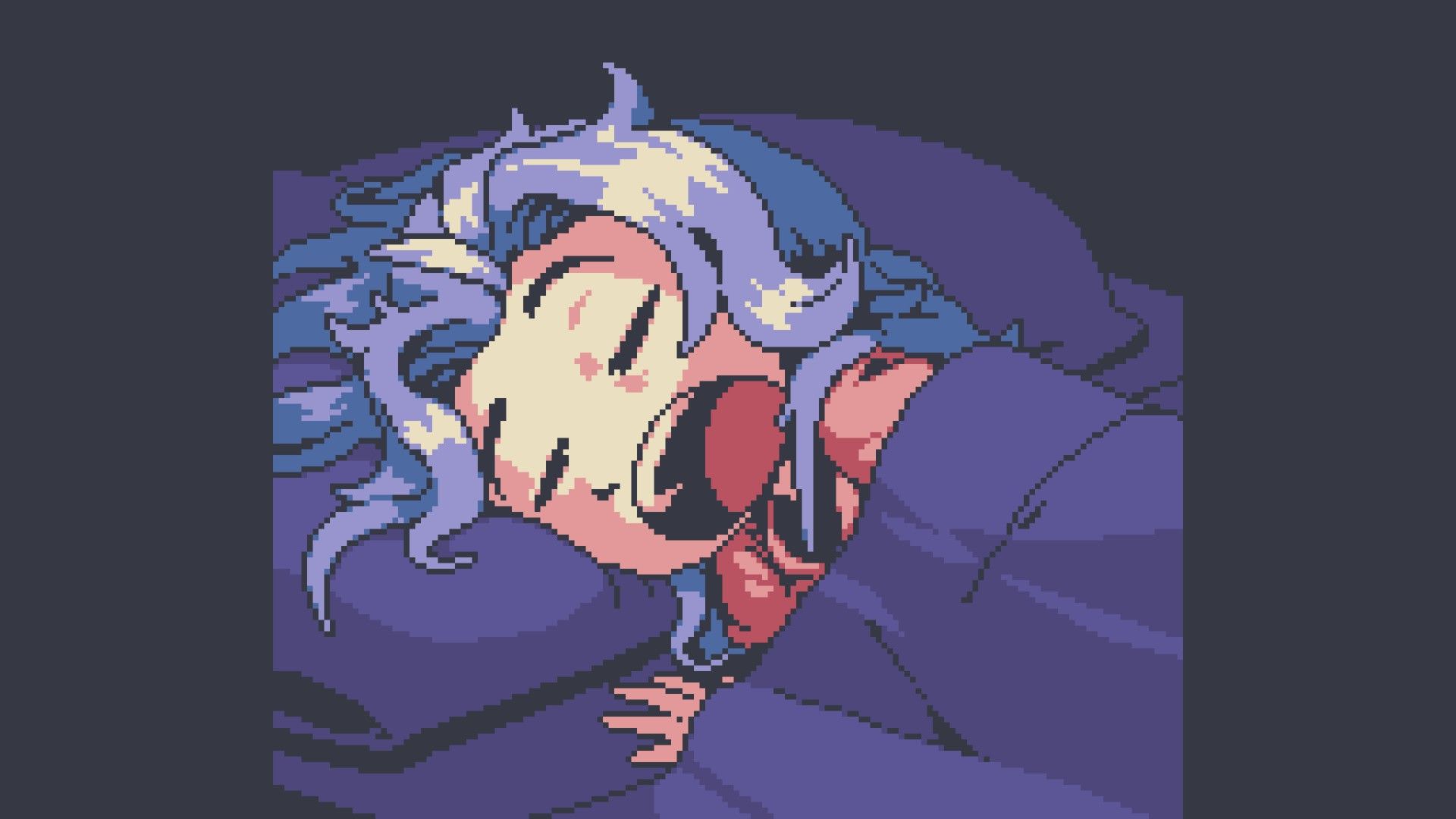Hidden Gems of Game Design: Volume 4
Our team is back with another set of games that deserve more attention than they get

There are plenty of amazing games that go unnoticed and are not played for one reason or another. Maybe it's a diamond in the rough, or the marketing wasn't there, or it could be a game ahead of its time. For this monthly series, I've asked my fellow writers on SUPERJUMP to pick a game they think is deserving of a chance in the spotlight. Let us know your favorite hidden gems in the comments.
Josh Bycer
Prodigal (2020)
Trying to create an original game is one thing, but trying to reinvent the wheel of a popular genre is an entirely completely different ordeal. Prodigal by ColorGrave starts out as an indie take on Link’s Awakening but turns into something else.
Players take the role of Oran, who left his home of Vann’s Point years ago after robbing his parents of their life savings. Returning home after their death, he finds the town distrusts him, a mysterious newcomer is working at his grandfather’s shop, and there are dungeons full of monsters around the area.

To move the story along, you’ll need to solve each dungeon, grab their respective upgrade, and defeat the boss. When I interviewed the team about the game, they talked about having far more items and abilities but found that it ballooned the game up too much and was cut down to three. You have a mysterious hand that lets you warp to the entrance of a room, your rust knuckle that lets you punch heavy objects, and a hook for either moving across distances or bringing items and enemies to you.
The puzzles in the game are a bit more challenging compared to your usual Zelda-like, with increasingly more complicated takes on Sokoban-type puzzles. While the game is on the shorter side, it is very meaty in terms of what you can do from the very beginning. You are able to meet and date the various ladies in the town, find hidden side quests and upgrades, and start to learn more about what is going on.
An aspect of Colorgrave’s style is that there is always more going on under the surface. The island and world have lore about various gods. Each lady you can romance has more to their story; in fact, everyone in the game feels fleshed out. No one is 100% good or bad with the exception of the game’s final boss. Everyone has moments of levity and those that hint at darkness in their backstories. A major theme of the game is finding redemption and growing to be a better person. There is this sense that the story you’re playing in is just one part of a larger world, something that comes back in their latest game: Curse Crackers For Whom the Belle Toils.

What sinches the game to be included in this list is the amount of post-game content and support it received. While the game was released in 2020, it received an entire year’s worth of additional support. New vignettes and stories were added, including the game’s real final dungeon for the true ending, and a secret super difficult dungeon as well. A favorite mode is being able to anger the different gods and add different difficulty buffs for a run. These don’t raise or lower the enemy’s stats but do “fun” stuff like having you being chased by divine lightning everywhere you go, turning on ironman mode, and more. It is a badge of honor among the community to beat the base game with all modifiers on, and a huge deal if someone can do that in the post-game.
Overall, Prodigal is a fantastic modern retro game, and has, as many of our hidden gems seem to do, an amazing theme song to boot.
Antony Terence
Far West (2002)
Cowboy duels, real-time strategy, and cattle management sound like three different games. But JoWood’s Far West (aka Wild West Tycoon) from 2002 lassoes up these distinct elements to create a Wild West strategy game that was serviceable if not memorable. Feeding cattle before selling them might not sound like much until you’re out hiring gunslingers to keep bandits and bounty hunters in line. The game lets you pour these profits into building your town, from sheds and banks to churches and railroads.
The basic loop of being a cattle baron has more steps than you’d expect.

First, you’ll have to pick a nice little pasture for your longhorns to graze about. You’ll need cowboys from saloons to protect them from threats and their salaries don’t come cheap. Then a chuckwagon must be sent out to bring supplies and a second cart lets you brand your cattle as your own. Selling them at your local tradehouse is one thing but taking the long road over to distant cities nets bigger rewards.
I wasn’t much of an economist back in primary school so I ended up losing my herd.
But Far West didn’t toss me off the saddle and I grasped for options. My gunslingers, amateurs no longer, ended up serving a different purpose. We turned our coats, becoming the very bandits who pushed me to bankruptcy. I turned my sights towards my neighbors, whose cowboys were far from battle-hardened. It’s a fitting character arc for a protagonist who loses his grandfather to a gunshot.
A few dead men later, I had fresh cows rolling into my pastures by the minute. Far West might not have been the most ethical game but it did teach me to treat challenges as opportunities.

Far West isn’t pretty, even by 2002 standards.
Vast patches of sand and pixelated buildings sticking out of them don’t inspire awe or wonder. And “animations” in Far West are mostly of the “thing moves here” variety. Far West’s missions take a while to go beyond “take care of cattle” but once things pick up, there’s a surprising level of depth on offer. While the game does have its moments, specifically “I’m the bandit now,” Far West is an aged relic that caters to the most patient of strategy fans.

